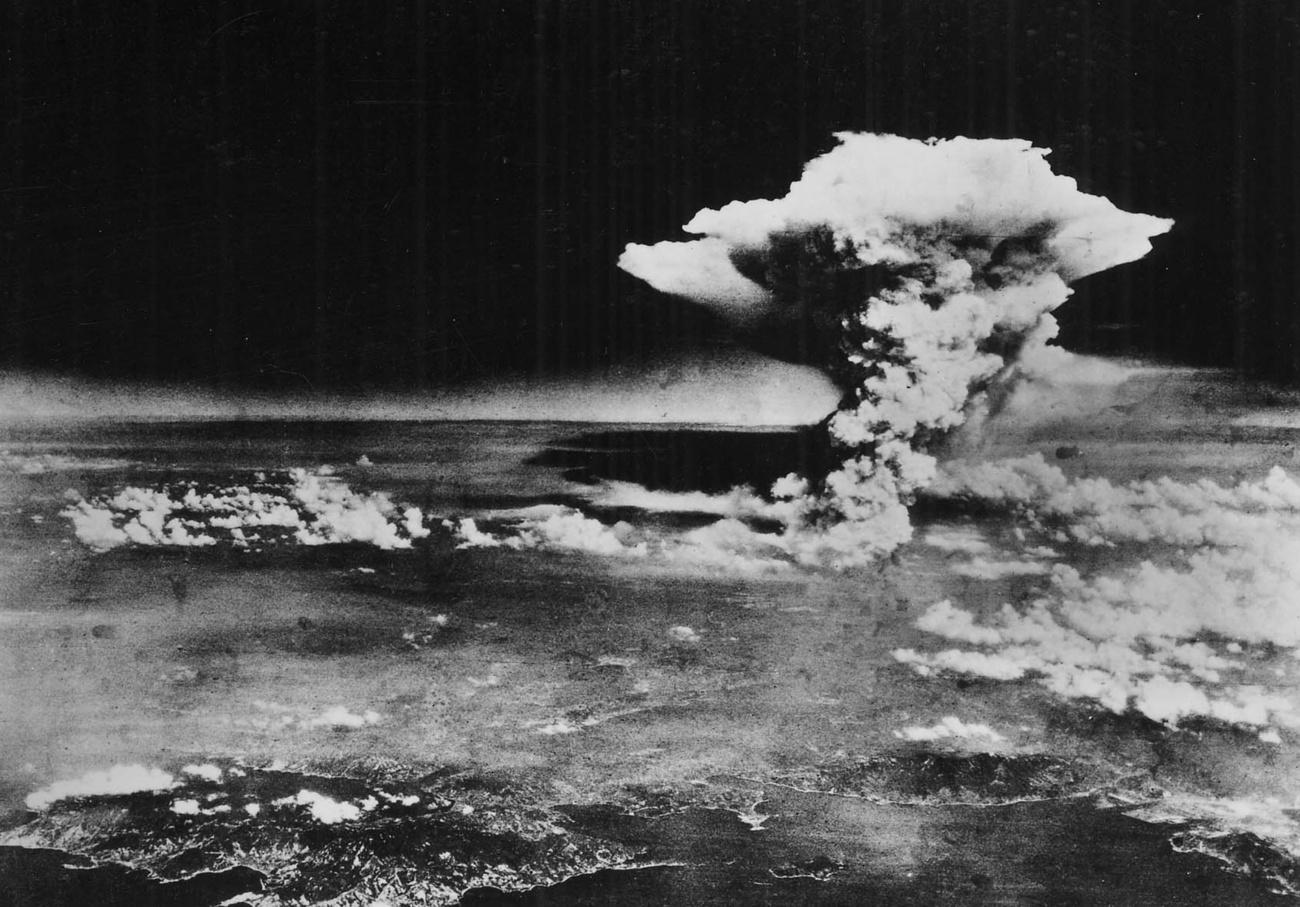
More than half of Swiss millennials expect nuclear attack in next decade

More than 56% of millennials polled in Switzerland think it is “quite likely” or “very likely” that there will be a nuclear attack somewhere in the world within the next ten years, according to a survey by the Geneva-based International Committee of the Red Cross (ICRC).
Almost 15% of the 1,000 Swiss respondents, all aged 20-35, believe such a scenario is “very likely”, with women almost three times more likely to think this than men. In addition, 54% believe it is more likely than not that there will be a third world war in their lifetime.
“Millennials appear to see cataclysmic war as a real likelihood in their lifetime,” ICRC President Peter Maurer said in a foreword to the report, Millennials on WarExternal link, published on Thursday.
A total of 16,000 adults aged 20-35 took part in the survey, both in war-torn countries such as Afghanistan and Syria and largely peaceful ones like Switzerland, Britain and France. The ICRC used online panels, face-to-face interviews and telephone interviews to reach people in 16 countries.
The most striking result came in reply to the question: “In your opinion, how likely or unlikely is it that nuclear weapons will be used in wars or armed conflicts anywhere in the world within the next ten years?”
Some 54% said they felt it was likely such weapons would be used. In that respect, the Swiss are slightly more pessimistic than the global average.
That said, 84% of all millennials surveyed believed the use of nuclear weapons was never acceptable. Those in Switzerland (92%), Ukraine (92%), Colombia (93%) and Syria (98%) felt strongest in this regard.
Almost 43% of Swiss said that if Switzerland ever acquired a nuclear weapon, the country would be less safe; 7.4% said the opposite and 45% reckoned the security level would not change. The Swiss government has not ratified the UN the Treaty on the Prohibition of Nuclear Weapons.
‘Worrying trends’
The ICRC said the survey also revealed some “worrying trends”, such as the answers they received to the question: “In your opinion, is torturing captured enemy combatants acceptable under some circumstances, or is it never acceptable?”
Overall 41% said they would support torture in some circumstances.
And just 54% (74% in Switzerland) had heard of the Geneva ConventionsExternal link, which were agreed in 1949 to protect prisoners of war and civilians in war time in response to the horrors of the Second World War.
Maurer said the results also revealed “a worrying acceptance of dehumanising language or actions towards perceived or real ‘enemies’’ that is prevailing in an era of fake news, disinformation and polarised viewpoints”.
But there was some optimism, the report said, such as the 60% of Syrians polled who said they believed the current civil conflict would end within the next five years.
Syrians also had the highest support among respondents for showing humanity in war, with 85% saying captured combatants should be allowed to contact relatives and 70% saying torture was never acceptable.
The highest support for torture of captured enemy combatants was in Israel, Nigeria and the United States.

More
Swiss put off decision on nuclear weapons treaty

In compliance with the JTI standards
More: SWI swissinfo.ch certified by the Journalism Trust Initiative






























You can find an overview of ongoing debates with our journalists here . Please join us!
If you want to start a conversation about a topic raised in this article or want to report factual errors, email us at english@swissinfo.ch.